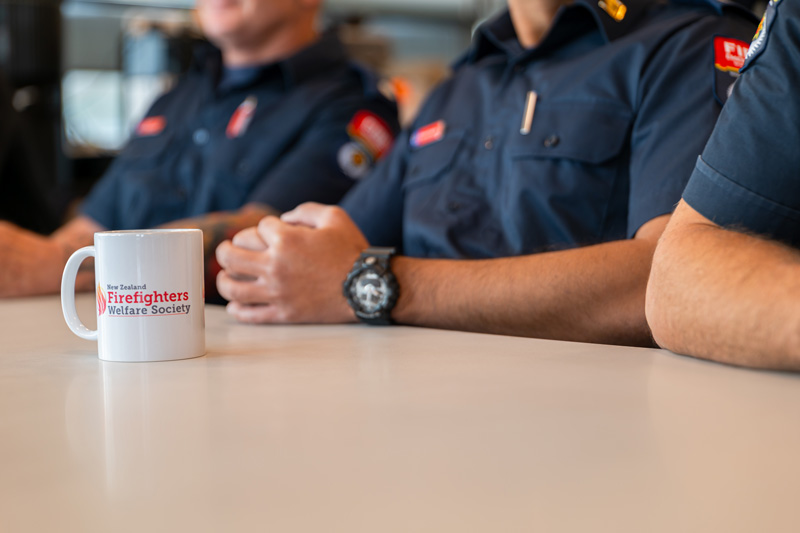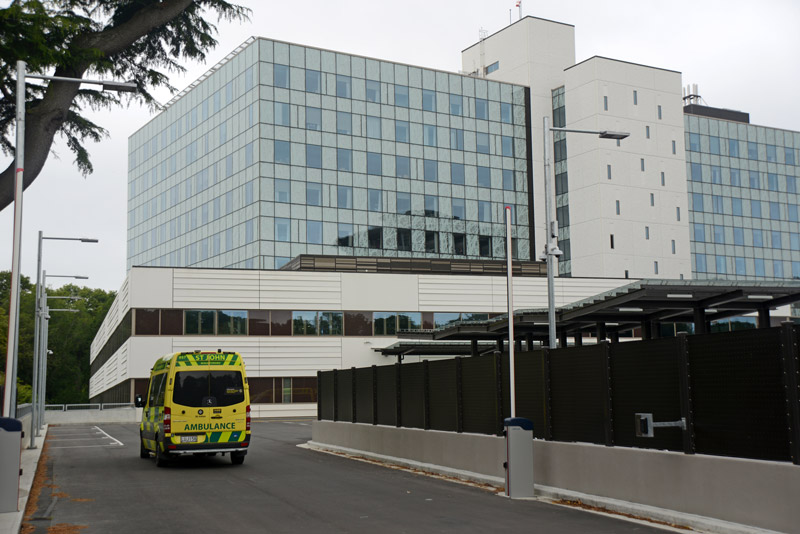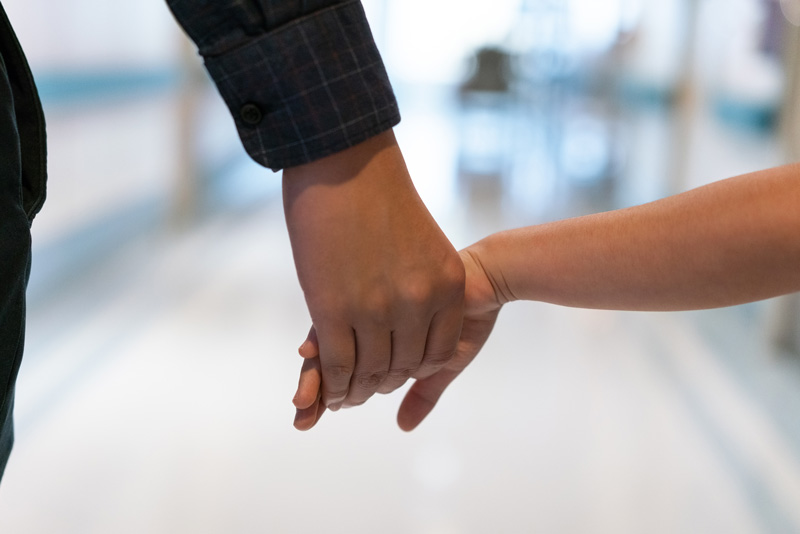When Craig Prince joined the New Zealand Firefighters Welfare Society over 30 years ago as a young single man, he had no idea of the profound impact it would have on his life and his family’s future.
This is the first-hand account of Craig and his family’s real-life story of the difficulties their family faced and how Society representatives stepped in to help …
Initially inspired by a representative’s visit to his brigade at Silverstream Fire Station, Craig was drawn to the Society’s principle of firefighters helping firefighters.
Enjoying the Benefits
Over the coming years, Craig enjoyed stays at the Society’s holiday homes across New Zealand, more so when he married (Joanne) and had his own family. Craig and Jo, with their four children, made memories at the Nelson home and Kapiti Holiday Homes a few times and also Taupo. They took advantage of some of the member discounts and received a payment Welfare Society benefit on the birth of a baby and a few other benefits.
Life ticked along until a real curveball hit when one of Craig and Joanne’s twins, Emily, became quite ill at six years old.
When the initial blood work was done at Hutt Hospital, in Lower Hutt, doctors realised something was seriously wrong. Emily went into isolation and was later transferred to Wellington Hospital for further tests. Hospital trips also included Christchurch Hospital, to a specialist child’s cancer treatment centre there, while doctors and specialists desperately tried to identify the cause of Emily’s illness.
The whole process was exhausting for the family, with Emily going undiagnosed for 18 months in total while doctors and specialists tried to find out what was wrong. It was an incredibly difficult time for the family – and not without extra incidents!
“Then, out of the blue, Amanda from the New Zealand Firefighters Welfare Society turns up at the hospital with Easter eggs for everybody. We were shocked. We hadn’t even thought about Easter, let alone our next move as a family. It was a crazy time. Amanda told us, ‘Don’t worry, I’ve got Easter eggs for everyone.’ She brought so much joy into the hospital room, and we talked and cried for hours,” Joanne shared. “That human contact was just priceless. It was a time I will never forget.”
Extra Incident #1
On Emily’s second trip to Christchurch Hospital, her mother Joanne went with her and stayed at the nearby Ronald McDonald House. One night a charity came in and put on a dinner party for the families. Emily went out to the play area and pulled out her IV line to show the kids, then realised she couldn’t put it back in.
Joanne explained, “There was a big pile of blood due to her platelets levels being so low and everybody freaked out and an ambulance was called. I said, ‘Hey it’s just a line in, it just needs pressure,’ but the supervisor said, ‘No, it’s an incident and you’ve got to go, sorry.’ So, we went in the ambulance on the five-minute trip to the hospital. They put a plaster on it and sent us back out in the cold to walk back by ourselves.”
Two days later Joanne and Craig (Craig being at home in Wellington) were called to attend a meeting in Christchurch as the specialists were close to diagnosing Emily.
Emily needed a blood transfusion before flying back to Wellington, causing Craig to miss his return flight.
So the next day all three flew back to Wellington to await further tests at the Starship Children’s Hospital. The New Zealand Firefighter Welfare Society offered to pay the Hospital Parking Benefit for parking at Wellington airport for all trips to Christchurch or Auckland associated with Emily’s medical treatment, along with the Ambulance Transport Benefit for the unexpected invoice from St John’s Ambulance.
“It wasn’t a problem, said Joanne, The New Zealand Firefighters Welfare Society took care of those bills and requested hospital parking receipts from around the country and covered those too.”
The family, living off one wage at that time, was grateful to find the out-of-pocket expenses were covered by their membership.
Eventually Craig and Joanne were told that Emily needed a bone marrow transplant.
They were told to go home, get their affairs in order and return to Starship Children’s Hospital in a month’s time. They had no idea how long they would be away from home so basically made a lot of phone calls and arrangements, locked the house up and headed back to Starship Children’s Hospital.




